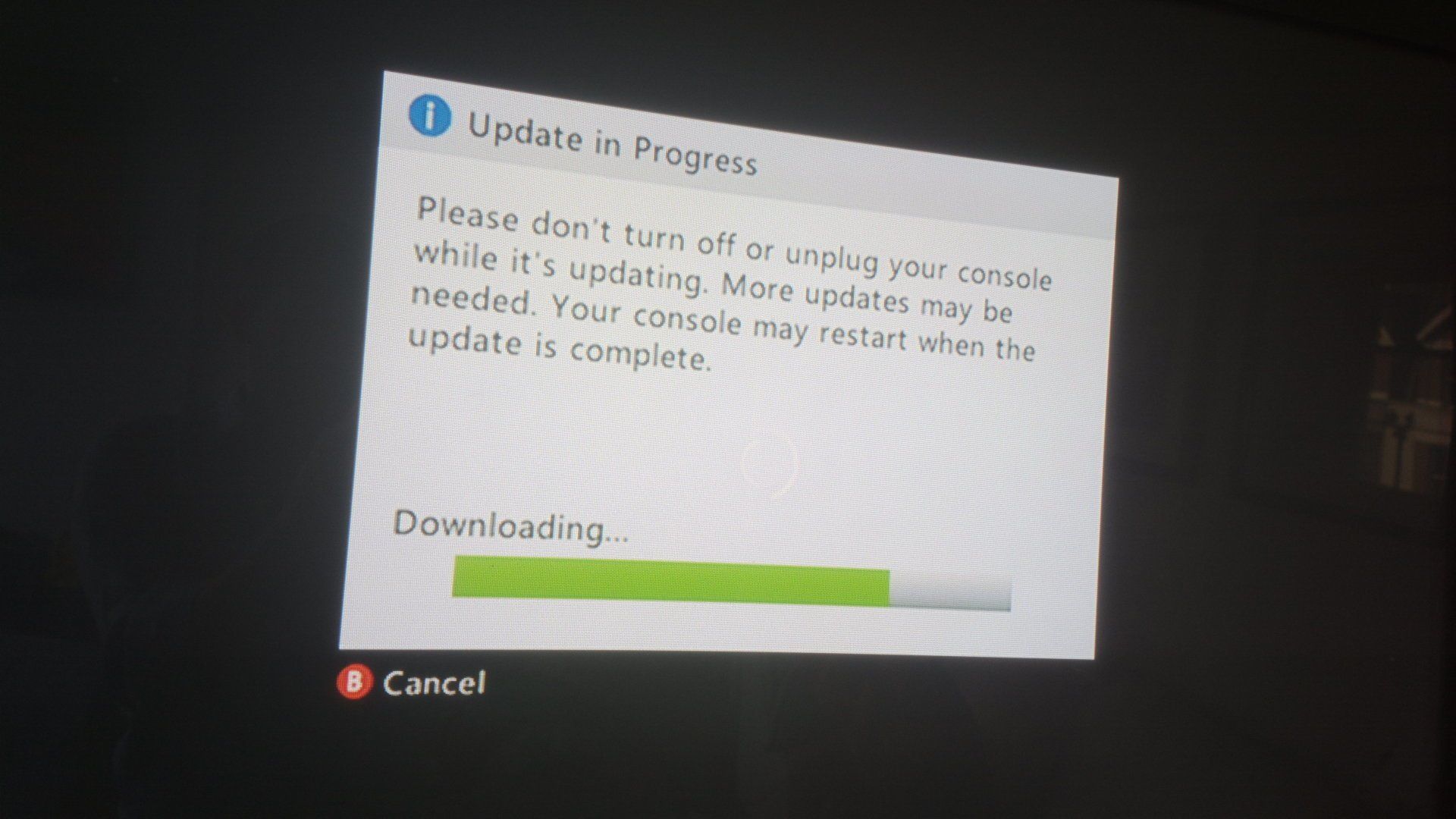Review Life Insurance Trusts in Estate Plans
“Life insurance trusts have long been hailed as a smart way to provide financial protection for loved ones, while simultaneously avoiding any adverse estate tax consequences. However, the question that most often arises today in the context of a life insurance trust is, do I really need it?”
With the doubling of the estate tax exemption to $11.4 million per person and $22.8 million per married couple, with very few exceptions, the estate tax has become irrelevant until the new tax law sunsets in 2025. In the meantime, however, people who had life insurance trusts created, may want to consider dismantling them, says Think Advisor in the article “Section 1035-Your Way Out of Obsolete Life Insurance Trusts.”
Reviewing this subject and the new tax laws might feel like a return to the college math classroom. Let's find some ways to boil it down. Let’s look at reasons for keeping the life insurance trusts. The chances are good that the exemption levels will change going forward, reverting to somewhere between $5 and $6 million in 2026. Tax laws are never permanent, so keep in mind that all it takes is a change in the political climate and the exemption could decrease, or the estate tax rate could increase. Sometimes, like the stock market, a good strategy is 'hold'. Let's keep evaluating.
The federal estate tax isn’t the only estate tax. If you live in a state with estate and inheritance taxes, where transfer tax exemptions are being held to pre-reform levels, then the state estate tax is still the same as before.
If you have risk management concerns, whether they are from a business, malpractice possibility or something else, the asset protection value provided by the life insurance trust makes it worth keeping.
If the life insurance trust itself would permit the trustee to distribute the life insurance to the beneficiary or beneficiaries, then the life insurance trust could be dismantled, by distributing the life insurance owned by the trust to its beneficiary. For example, if your spouse is the beneficiary, then the trustee could give the policy to your spouse. If there are no other assets held in the trust, that would be it—no assets in the trust, no trust.
However, in some cases there may be remainder beneficiaries, and if that is the case, you ‘ll need to obtain their consent. That may not be an issue, if the remainder beneficiaries are your own adult children. If there is concern about future issues, the execution of a non-judicial settlement agreement would be used to provide a formal agreement to dismantle the trust and distribute the policy.
Some people may choose to dismantle their life insurance trusts but recognize that they still need the life insurance protection. One option is executing a 1035 exchange and getting rid of the old policy, in exchange for a policy or financial product better suited for current needs. Consider this as a way to obtain long-term care protection.
The IRC Section 1035 exchange rules allow the owner of a financial product, including life insurance or annuity contracts, to exchange one product for another, without treating the transaction as a sale. No gain is recognized if the first contract is disposed of properly, and there is no tax liability as long as the rules of the exchange are followed. A life insurance policy can be exchanged for another life insurance policy, an annuity, or an endowment contract with long-term care benefits.
The owner of the policy or contract may not change. An exception is only if a policy insuring two lives in a second to die policy, is exchanged for a single life policy after the death of one of the original insureds.
Talk with your estate planning attorney about whether any of the above makes sense for your situation. The transaction must be handled correctly to avoid any tax consequences and protect the continuity of the financial instrument. There are many details, and this should only be handled by an experienced attorney.
Reference : Think Advisor (April 17, 2019) “Section 1035-Your Way Out of Obsolete Life Insurance Trusts”










